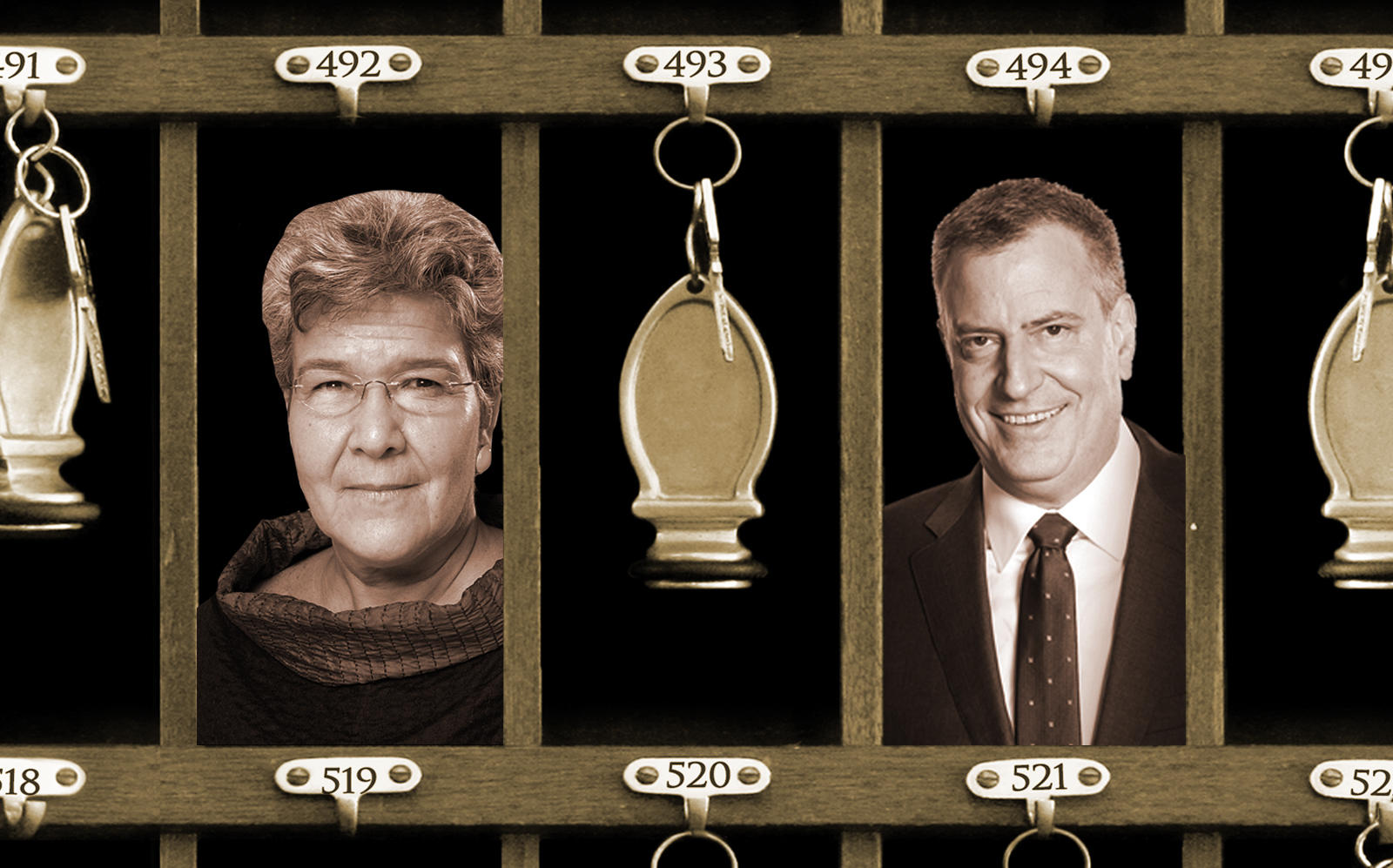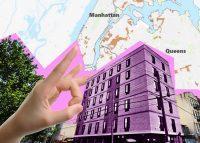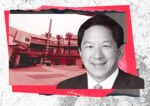 Hotel developer sues city over special permit plan
Hotel developer sues city over special permit plan
Trending
Ex-City Planning officials criticize “hollow” hotel permits proposal
Some politicians praised permits’ success in community engagement

Some former city planning officials aren’t keen on a plan to restrict hotel construction throughout the city.
During a hearing on Friday, ex-officials from former Mayor Michael Bloomberg’s administration criticized the city’s proposal to require special permits for all new hotel construction. They argued that there isn’t a clear land use rationale for the proposal, and that it would harm not just the hospitality industry, but businesses that rely on tourism.
David Karnovsky, a partner with Fried Frank’s real estate department who served as City Planning’s general counsel for 15 years, called the reason for the change “hollow,” saying the draft scope of work released in December “fails to identify any problems caused by hotels in commercial districts.”
“The ripple effects are likely to be significant and must be studied,” he said.
The new requirement would apply to all zoning districts where hotel construction is permitted as-of-right, and would take the place of special permits already required in certain neighborhoods. The draft scope of work states that the new requirement would help prevent projects that cause “conflicts or create nuisances” and would ensure that hotel development matches demand.
Read more
 Hotel developer sues city over special permit plan
Hotel developer sues city over special permit plan
 In nod to union, de Blasio will seek special permit for hotel development
In nod to union, de Blasio will seek special permit for hotel development
 Go big or go home? Why small hotel development in NYC may be a thing of the past
Go big or go home? Why small hotel development in NYC may be a thing of the past
Richard Barth, who served as Bloomberg’s executive director of City Planning for 12 years and now heads Capalino’s real estate group, said “more liberal vesting and grandfathering provisions” and geographic exclusions are needed in the proposal.
As of October 2020, 30,331 hotel rooms were either under construction or in the late planning stages, according to the city, with another 32,115 that could be constructed through 2035. City Planning expects that those would all be affected by the new special permit rules, if enacted.
In the draft scope, the city notes that 135 hotels closed between January and September of last year, in part because of the pandemic. It predicts that the hospitality industry will recover to 2019 levels by 2025.
Until now, the city has taken a piecemeal approach to restricting hotel development in the city. Special permits were made mandatory in Midtown East and the Garment District as part of the respective 2017 and 2018 rezonings of those areas. The requirement was added for light manufacturing zones in 2018, and no new hotels have been constructed in those areas since.
But in November, the de Blasio administration abandoned its latest effort, a plan to require special permits in Union Square. At the time, officials said they would instead focus on hotel development in a citywide context.
“There will be no new special permits issued if history is any guide,” said architect Gene Kaufman, who specializes in hotel design and has been outspoken about the city’s previous permit regulations.
During Friday’s hearing, several city and state officials touted the success of special permits required for hotels in other parts of the city. Many said it was key to giving community members more of a say over what is developed in their neighborhoods and would help prioritize residential projects as the city faces a severe housing crisis.
Brooklyn City Council member Brad Lander said a citywide permit would help address how “unfettered hotel construction” affects the quality of life in residential districts, and would help steer hotel development where demand lies, ultimately aiding in the “successful long-term recovery” of the hotel industry. According to the draft scope of work, hotel development in the outer boroughs has outpaced demand.
The proposal has long been criticized as a favor to the Hotel and Motel Trades Council, which has fought against the proliferation of non-union hotels. Quantierra Advisors’ Ben Carlos Thypin called it “power grab” by an “unholy alliance” between the union and hotel owners “to protect the profits of existing hotel owners.” He said the proposal would actually benefit home-sharing apps like Airbnb.
The Real Estate Board of New York testified that the proposal creates uncertainty at a time when encouraging economic development in the city is critical.
“As New York continues to fight Covid-19, we need predictable and transparent city regulations to create a sustainable economic recovery, especially in development,” said Basha Gerhards, vice president of policy and planning at REBNY. “At a time when we need jobs and economic activity more than ever, this proposal seeks to undermine our economic recovery and other city efforts to affirm New York is open for business.”




